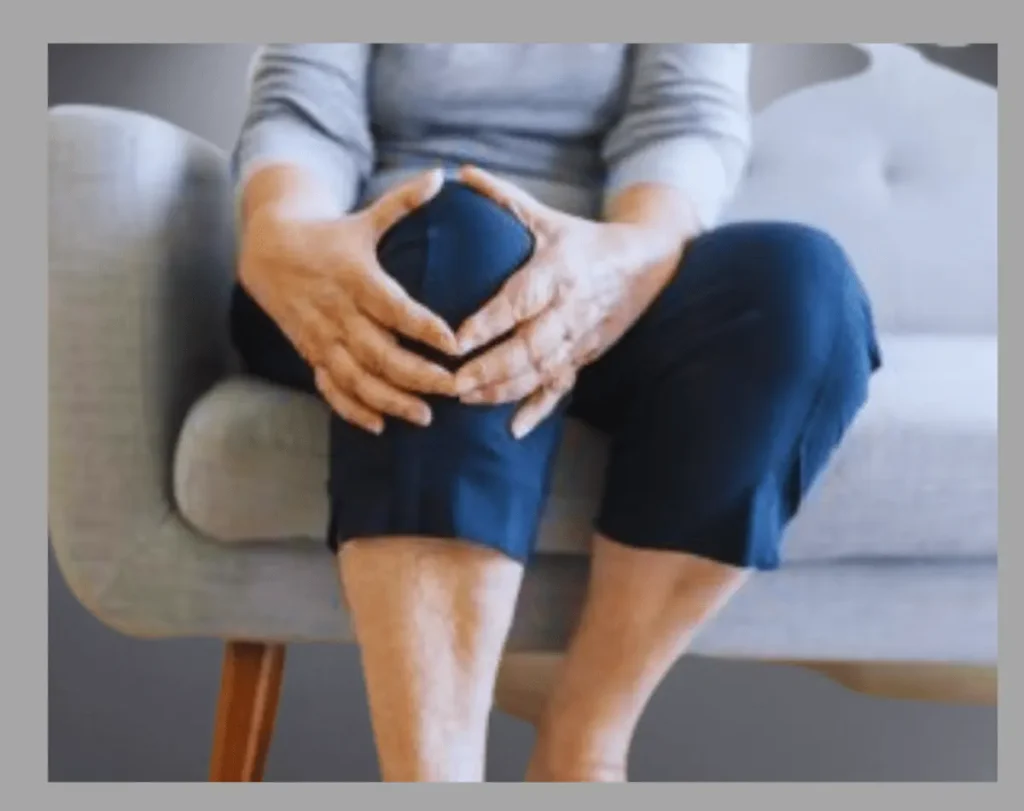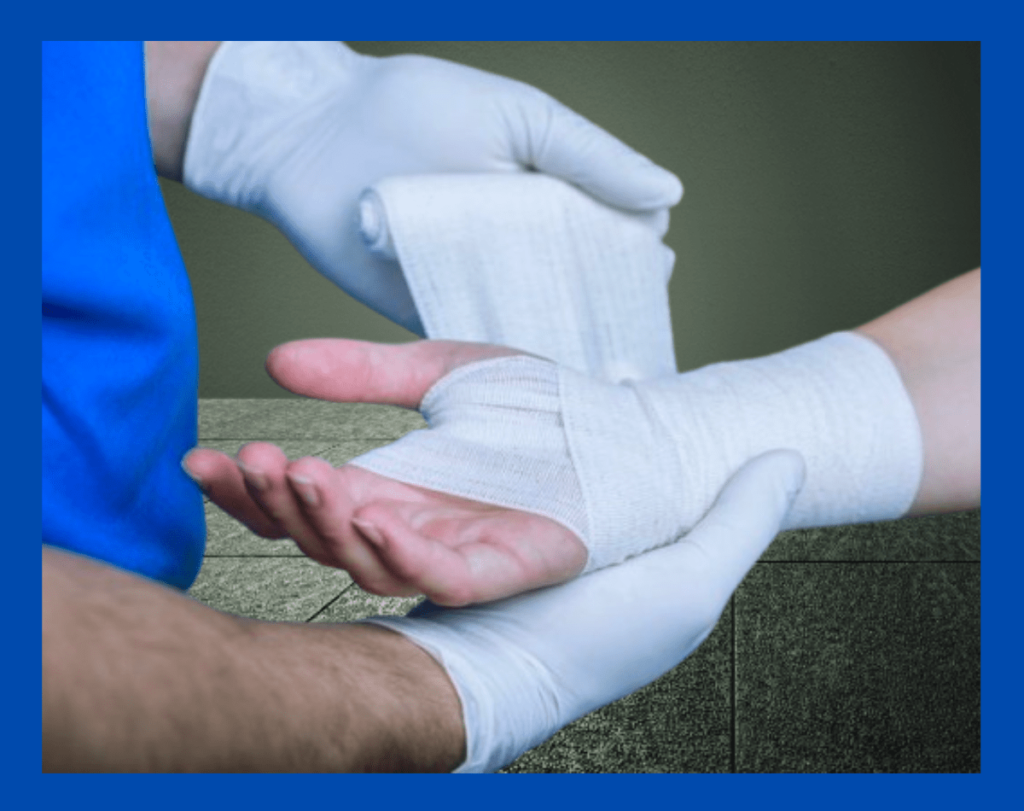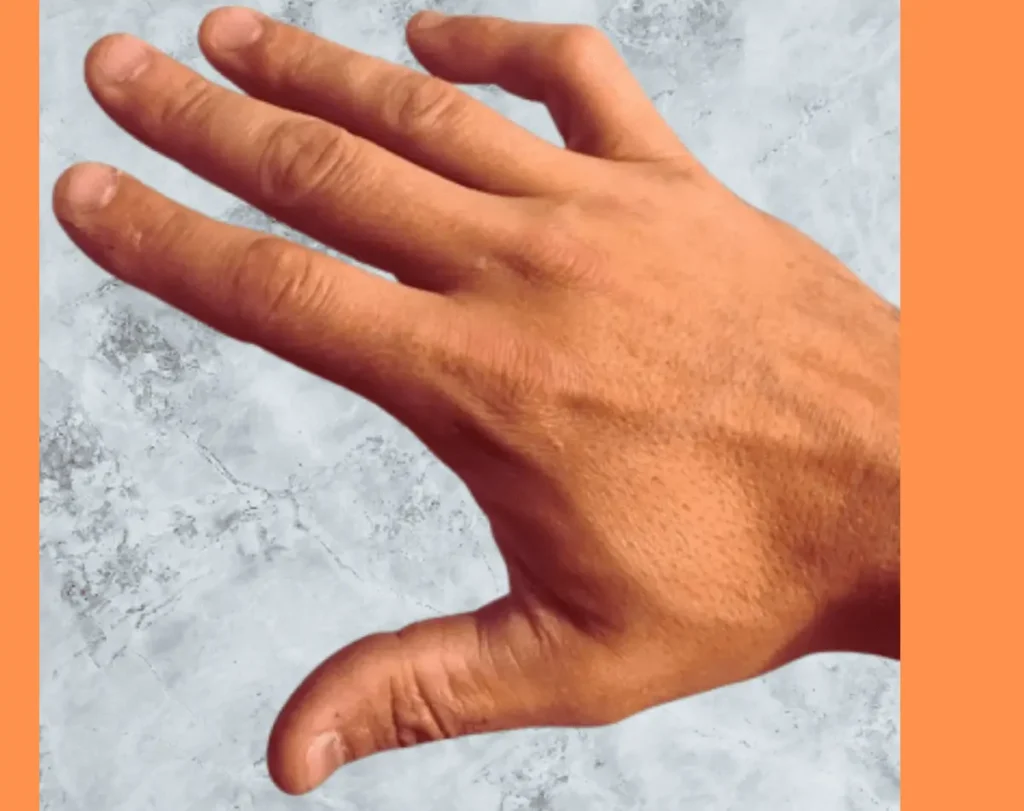We are aware that vitamin D is an essential nutrient. That has a close relation with many components of health. The lack of this vitamin is unimaginable. Because it has an effect on the health of bones, and immunity. And can cause numerous signs and symptoms. It is through the knowledge of the signs and symptoms of vitamin D deficiency. That early diagnosis and treatment is attained. Here are some ways that you should look at if you think you are deficient in this important nutrient.
Understand vitamin D

Vitamin D is distinct from other vitamins. Because the body can make it by itself with the help of substances that come from the sunlight. It is also detected in some of the foods. That are consumed as well as some of the supplements that are taken. Vitamin D enables the body to absorb Calcium and phosphorus that are vital in supporting the bones and teeth. Moreover, it has immune-modulating activity and controls other processes occurring in cells, including their division.
The big issue that stands out and will be discussed in detail is the symptoms of vitamin D Deficiency.
1. Fatigue and Weakness

Interestingly, fatigue and weakness are probably the most recognizable malaise associated with vitamin D deficiency. It may also reduce the amount of energy. That one normally has or makes boring chores a lot harder to complete. A deficiency in this nutrient is associated with a reduction in muscle mass and, therefore, results in weakness and fatigue.
2. Bone and Joint Pain

It has played an important role in maintaining bone health. A deficiency may cause bone pain and the bones. It may become tender, which is most likely to be felt in the lower back, legs, and hips. Those who suffer from a severe deficiency may develop rickets when they are children. And this condition results in weak and soft bones and adults can develop osteomalacia, which causes similar problems with bones.
3. Muscle Aches and Cramps
Muscle pain and muscle cramps can also be some of the signs of vitamin D deficiency. Something as simple as muscle pain and muscle cramps can be a result of vitamin D deficiency. It has some implications on muscularity; when the rate of the Vitamin decreases, muscles may experience discomfort or spasms. It can be observed more often in the lumbar region and the limbs.
4. Frequent Illness or Infections
It is also important to note that vitamin D is greatly important for the proper functioning of the immune system. Deficiency hampers the body’s immune system. Hence, one can get infected easily, often being prone to diseases such as colds and influenza, among others. Those having low levels of vitamin D may find out that they get infected more frequently than usual.
5. Depression and Mood Changes

Recent studies have found that lack of vitamin D is connected with mood disorders/ depression. Data suggest that vitamin D receptors in the brain may be involved in the processes controlling mood. Lack of it can even get to the point of causing depression or leaving one feeling sad.
6. Hair Loss

Although there can be many causes of hair loss. Some researchers claim that a deficiency in vitamin D might be one of the factors that lead to this phenomenon. The connection is still being researched, though deficits in vitamin D. May have something to do with how our body reproduces cells.
7. Delayed Wound Healing

Other signs of vitamin D deficiency are cuts, bruises, and wounds. Are not healing as fast as they usually do. It has an anti-inflammatory and anti-oxidant effect. Thus one can suspect that absence/deficiency of the vitamin will slow down the healing process.
8. Bone Deformities

Notably, extreme deficiency of vitamin D in the body causes the bones to deform in serious cases. And mostly among children. Some diseases, for example, bow legs or knock knees in children. These are related to low levels of vitamin D due to its role in bone mineralization.
9. Impaired Cognitive Function
It has been found in some studies that a lack of vitamin D may affect the functioning of the brain. And maybe detrimental, especially to the elderly. Some of these symptoms are temporal lobe epilepsy, short-term memory disturbances, disorientation, or difficulty in attention.
10. Potential of Developing New or Developing Chronic Illnesses
Especially, based on a population of patients suffering from chronic diseases in the present work. Vitamin D deficiency has been confirmed to be positively correlated with cardiovascular disease and diabetes. And several forms of cancers in the long term. It is important to make sure that vitamin D levels are in the body. Are sufficiently high for the long-term health of a person.
Factors of Vitamin D Deficiency
Several factors can increase the risk of vitamin D deficiency, including:
– Limited Sun Exposure:

Since your skin has its own natural protection against the sun through its dark pigment or ability to tan. It may be that many people in the North stay indoors. Or use high SPF creams perhaps for many years. They do not get enough sun exposure to produce enough vitamin D.
– Skin Color:
People with dark complexion contain more melanin in their skin cells. This limits the formation of vitamin D in the skin by action of the sun’s ultraviolet rays.
– Age:
It is well known that skin synthesis of vitamin D decreases with age and the elderly. People may have even poor dietary intake.
– Dietary Habits:
Poor nutrition is one of the primary causes of vitamin D deficiency. This is because its sources are few and are therefore often ignored in most of the diets we take today.
– Medical Conditions:
Some illnesses can prevent the vitamin D from being absorbed in the intestines. Such as Crohn’s disease and celiac disease, among others.
Diagnosis and Treatment
If you have any doubts that may mean you are deficient in vitamin D then you should consult a doctor. They can carry out a blood test as a way of determining whether you are deficient in vitamin D. When a deficiency is determined, the remedy is focused on the patient taking more vitamin D in the form. And through food products and increases in sun exposure if needed.

They are available in forms such as D2 and D3 with D3 being more potent. In increasing blood levels of vitamin D. The recommended intake depends on one’s requirement, which should be advised by a doctor.
Conclusion
Vitamin D deficiency has many signs and symptoms, some of which manifest in the bones, muscles, and mood. And the immune system. Identifying such signs and taking measures to correct possible shortcomings using lifestyle adjustment and the right diet. Supplementation will go a long way in enhancing general health and well-being. In case the patient develops any of the above symptoms. Or feels that he or she is at risk of developing the deficiency. The next course of action would be to consult a health expert.
